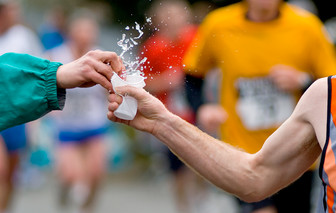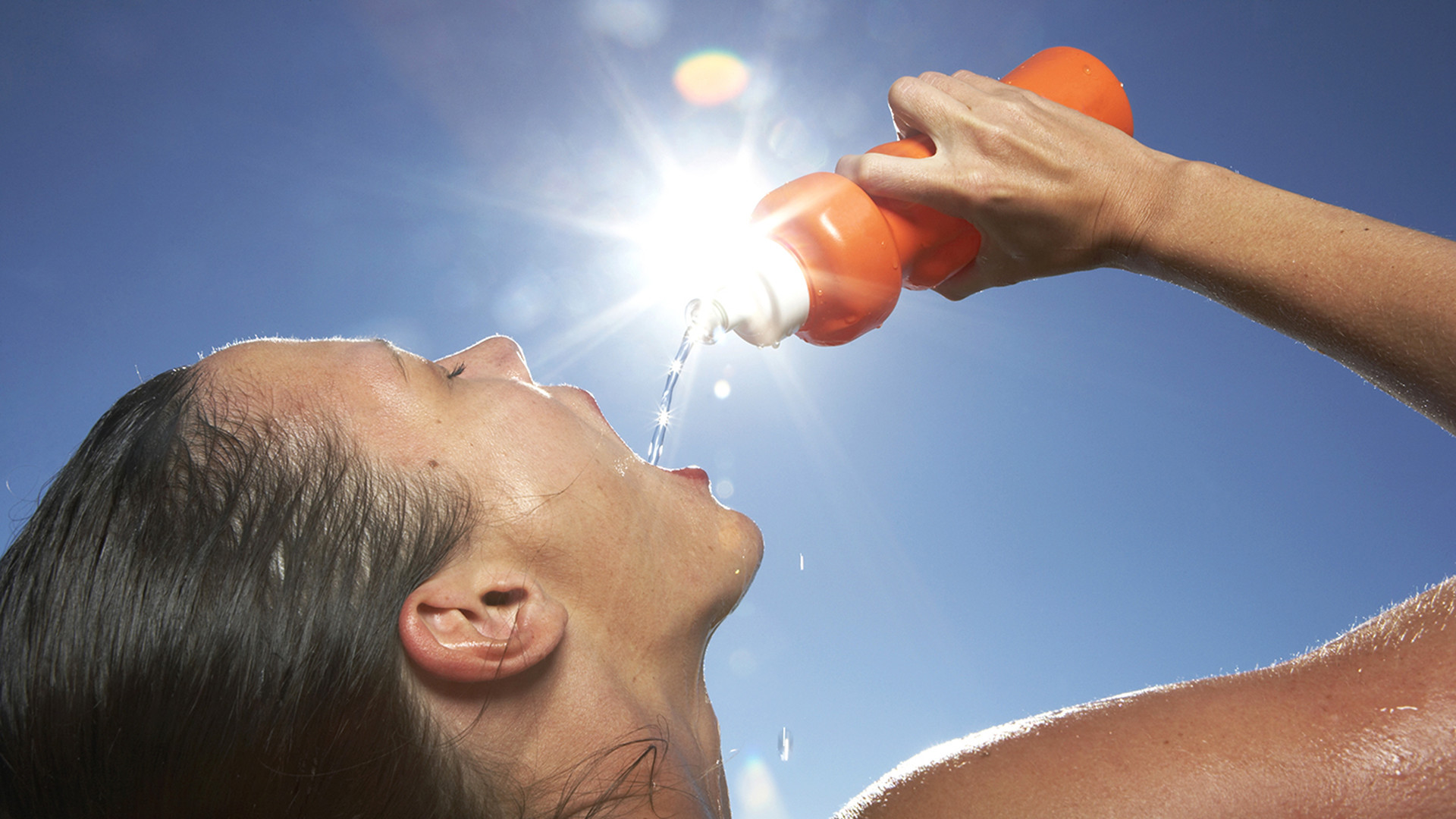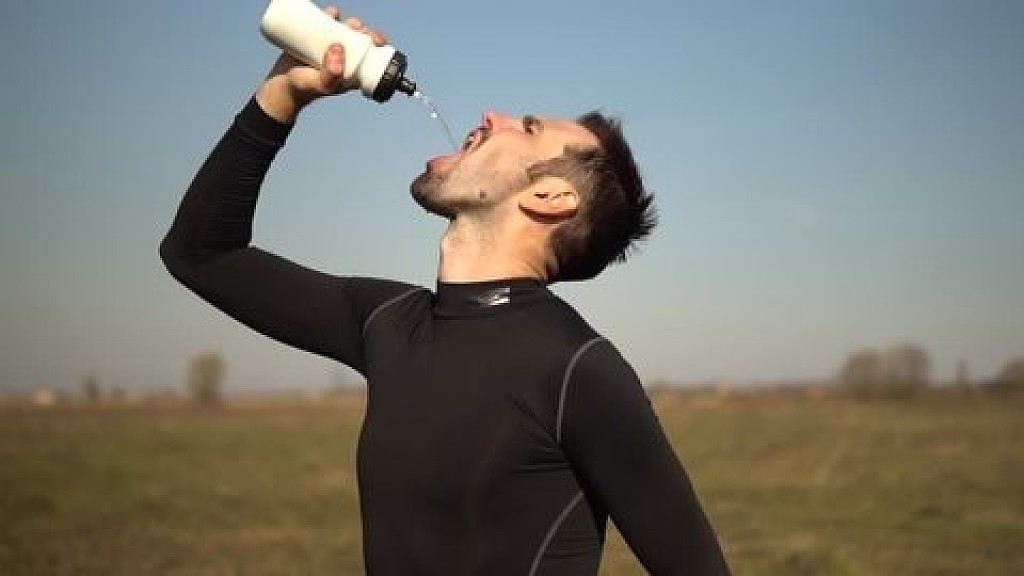Running News Daily
Running News Daily is edited by Bob Anderson. Send your news items to bob@mybestruns.com Advertising opportunities available. Train the Kenyan Way at KATA Kenya and Portugal owned and operated by Bob Anderson. Be sure to catch our movie A Long Run the movie KATA Running Camps and KATA Potato Farms - 31 now open in Kenya! https://kata.ke/
Index to Daily Posts · Sign Up For Updates · Run The World Feed
As runner should you be worried about hyponatremia?
Hydration is important for runners, particularly during the hot summer months. Not surprisingly, the conversation surrounding hydration typically revolves around encouraging runners to drink more water, not less, but it is possible to drink too much water. Hyponatremia is a potentially dangerous result of over-hydration, and it’s something for runners to keep in mind when they’re out on a hot run.
According to the Mayo Clinic, hyponatremia occurs when the concentration of sodium in your blood is abnormally low. Sodium is an electrolyte that helps regulate how much water is in and around your cells. Drinking too much water can cause the sodium in your body to become diluted, which causes your body’s water levels to rise and your cells begin to swell. This can cause mild to life-threatening health problems. Symptoms include:
Nausea and vomiting

Headache
Confusion
Loss of energy, drowsiness and fatigue
Restlessness and irritability

Muscle weakness, spasms or cramps
Seizures
Coma
There are many possible reasons someone might develop hyponatremia other than drinking too much water. Still, runners who are participating in long events like marathons, ultras and triathlons are at higher risk because they are more likely to over-consume water in an effort to stay hydrated.
How can you prevent hyponatremia?
Unfortunately, it’s impossible to say how much water is too much, because every individual’s hydration needs are different, but in general, runners should aim to take in only as much fluid as they lose during a race. For most people, thirst is a good guide to determine how often and how much they need to drink.
Another effective solution is to choose a sports drink during a run or race instead of water. This way, you’re replacing electrolytes (like sodium) while you drink, which will help to maintain your sodium balance.
Just remember to practice using these types of beverages during your training runs before using them during a race because, for some, they can cause gastrointestinal upset.
Finally, even when you’re not running, you should avoid excessive water intake. The color of your urine is usually a good indicator of your hydration status, and you should aim for it to be pale yellow in color. Clear pee is a sign you’re drinking too much and you should set the water glass down.
by Brittany Hambleton
Login to leave a comment




